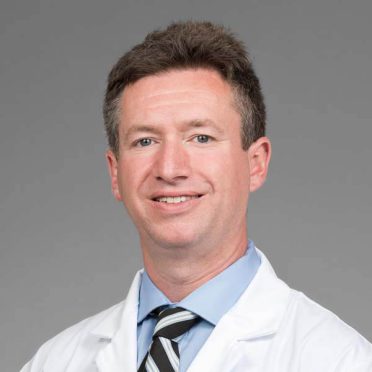The statistics say it all: Men are 1.4 times as likely as women to die from almost every chronic medical condition, and on average live five years less than women, according to the National Center for Health Statistics.
A national study done in May shows that one third of men do not think they need annual health screenings. In addition, 65 percent believe they are healthier than others, and 40 percent get their medical information and advice from social media.
At the center of the program is a men’s health nurse navigator who helps connect patients with needed providers and creates a personalized care plan based on their individual needs. For those men who don’t have a primary care provider, the nurse navigator will connect them to one in their community. Along with urology, the team of specialists includes providers from cardiology, digestive health, behavioral health, medical and surgical weight loss.
“Many men don’t like going to the doctor. The mentality is if it’s not broke, why fix it?” says Keith O’Brien, MD, chief of urology at St. Vincent’s Medical Center in Bridgeport and medical director for the Tallwood Urology and Kidney Institute in Fairfield County. “The concept of Tallwood Men’s Health is to co-locate different specialists under the same roof to help patients make connections to providers which creates better outcomes for patients.”
On their first visit to Men’s Health, patients are asked to fill out a Men’s Health checklist to ensure that they are up-to-date on preventative screenings. The age-appropriate checklist includes screenings such as blood pressure, cholesterol, diabetes, colorectal health and PSA screening for prostate cancer. Weight management and behavioral health are also discussed, because many times they are directly related to other health concerns.
“Preventative screenings help us to catch things before they become a problem,” Dr. O’Brien says. “We want to help people get on a healthful pathway that aligns with their lifestyle.”



